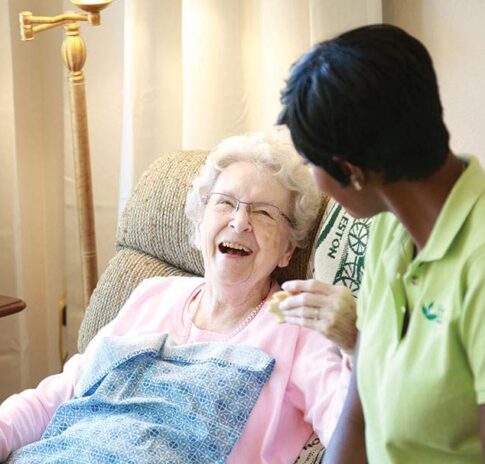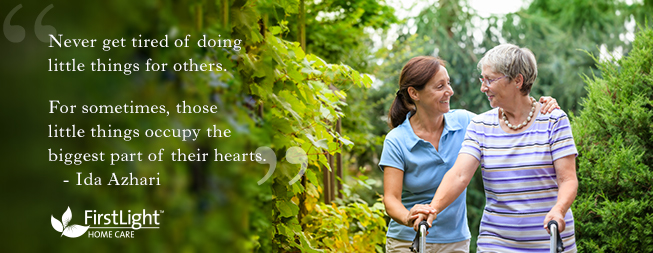If you are a family caregiver for a loved one, you know it can take an emotional, financial and physical toll on your own well being. Chances are you have a job, a family of your own, and are trying to juggle it all. You become your last priority.
The end result? Caregiver burnout and exhaustion.
Don’t people realize you are only one person and you can only accomplish so much? No.
What Are Some Symptoms of Caregiver Burnout?
Although caring for a loved one can be rewarding, it can also be extremely stressful. You may not see any light in your future because the person you are caring for has a chronic illness. You have to realize you put not only yourself at risk, but the person you are caring for as well. Do you see yourself in the following symptoms?
- Anxiety and depression
- Sleeping problems
- Irritation and anger
- Lethargy and lack of energy
- Snapping at minor problems
- Drinking or smoking too much to take the edge off
- Trouble concentrating
- Withdrawal from friends
- Neglecting your own problems and getting sick more often
- Feeling like your life is spiraling out of control
It’s time to give yourself a break. Literally. Taking time to rest and recharge is not a luxury. It’s a necessity.
Easing Your Stress
So what can you do to ease some of the burdens? Give yourself permission to take some time off on your own terms. If not, your poor health will eventually force you to at a time that might be highly inconvenient!
- Vent. Many times all you need is a sympathetic ear, someone to express your feelings to. You need an outlet for your frustrations. Your immediate family may be tired of hearing about it – find a girlfriend of co-worker to confide in. Just telling someone else what you are going through can be cathartic, even if the situation can’t change.
- Time for yourself. You will not be able to help anyone if you exhaust yourself or try and keep a frenetic pace for too long. Don’t say you have no options, because there are always options. Plan on spending at least 30 minutes a week on YOURSELF to pamper yourself. Treat yourself to a spa day or plan a date night out. Anything that makes you feel good about yourself is a good activity.
- Ask for help. People can’t read your mind and know what help you need. Many times friends or church friends want to help, but they don’t want to intrude. If they offer to help, never be too proud to accept! Start parcelling out responsibility, even to long-distance family members. People are always willing to run errands, cook meals or even clean the house. Set up a schedule so you don’t overwhelm any individual. Don’t micromanage or insist on doing things your way.
- Remember to laugh. Too often we get caught up on negativity. Try and find some humor in the situation, no matter how small. Laughter is a great way to reduce stress. Watch a funny movie or read a funny book. A positive attitude can go a long way in keeping you sane.
- Get training. Too often family caregivers are asked to help with healthcare needs but lack the training to provide the services. If you need guidance administering shots, IVs, or cleaning catheters, there are many social workers or state services that can send out a nurse practitioner to help.
- Don’t berate yourself. If you sometimes think bad things about the person you are caring for, don’t feel guilty. This is normal. Instead, try and turn it around and focus on the good things that have come about. Maybe you are able to get closer to your Mom or Dad. Or possibly, it created a new relationship with their grandkids.
Tried all these things but haven’t found any relief? Get outside help. At FirstLight Home Care Surprise, we offer respite help so caregivers can take a break. Maybe it’s once a week or once/month for a few hours. We offer professional caregivers who can act as a pinch hitter for you! The much needed break will allow you to re-focus and re-energize. You will be a better caregiver for it.

